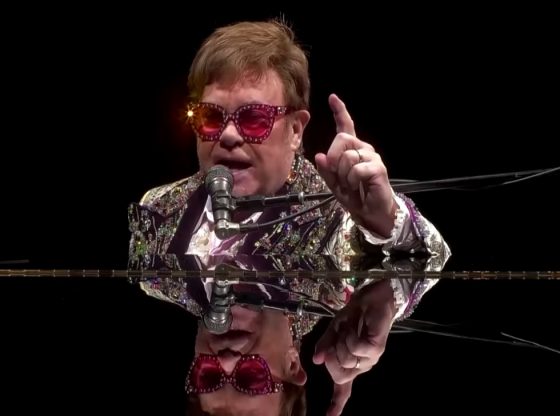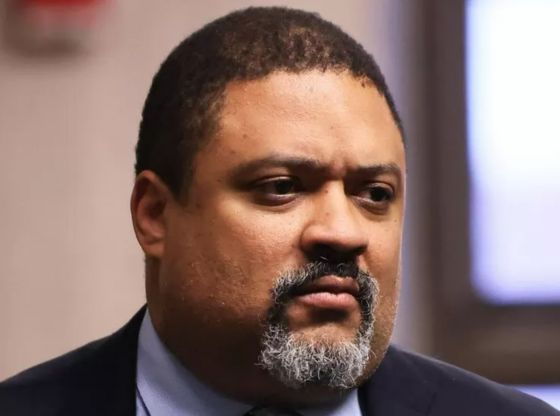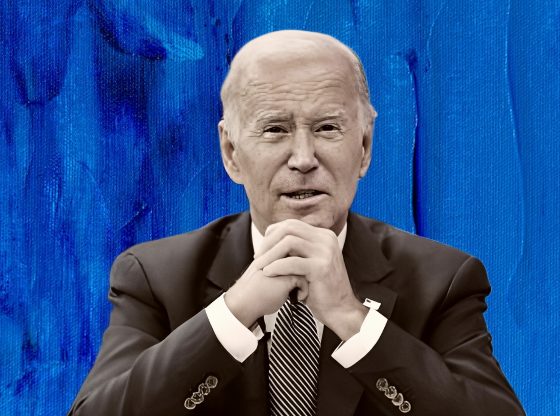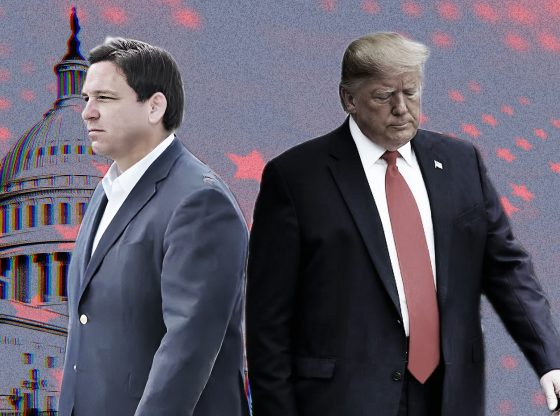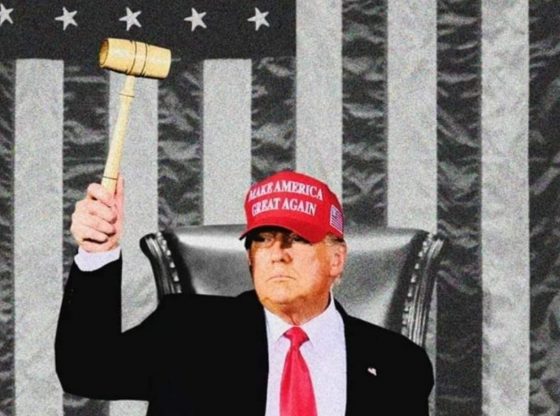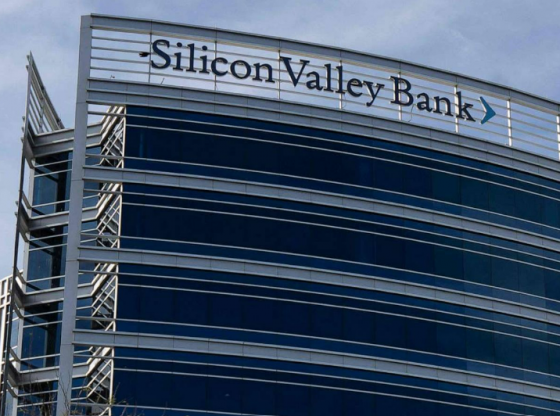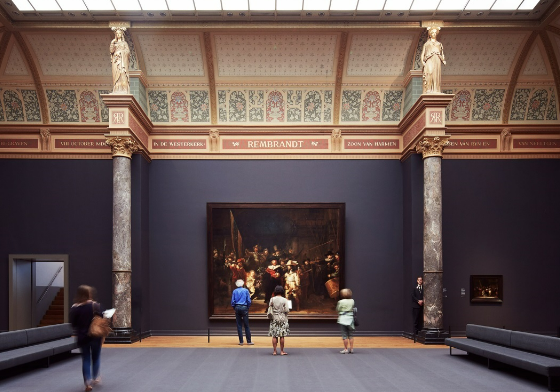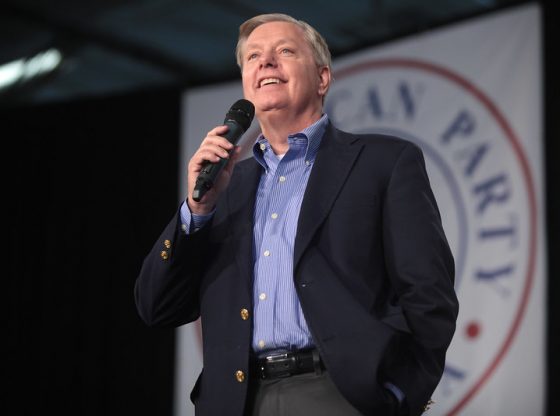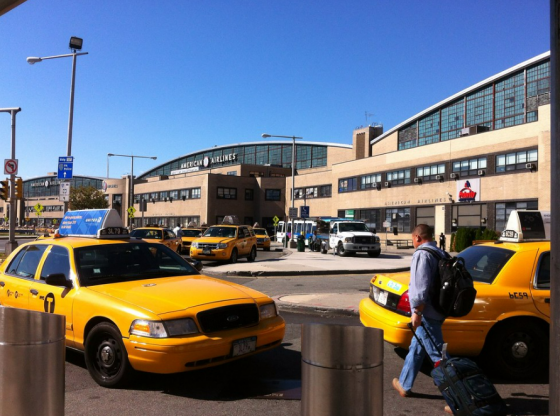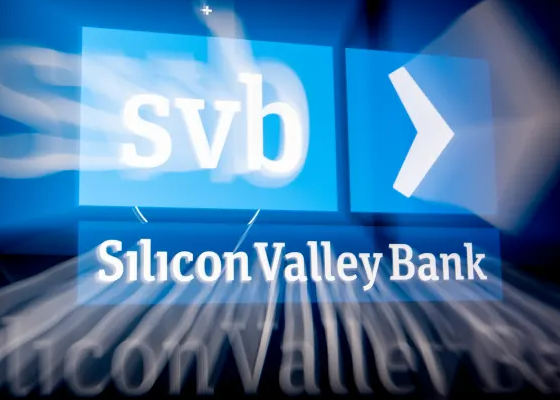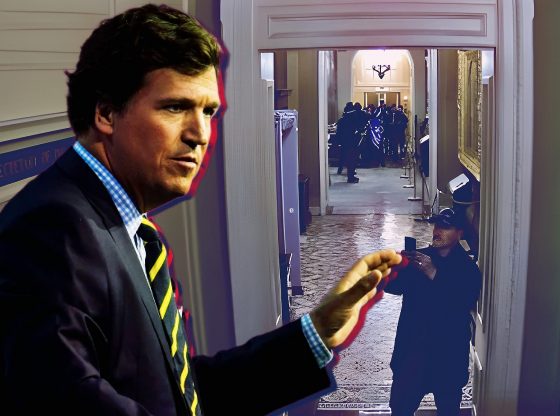NEW ORLEANS – After a long, pandemic-driven hiatus, Sir Elton Hercules John resumed his Farewell, Yellow Brick Road tour last week, as he leisurely winds his way toward retirement. Until that bittersweet day, he is giving his millions of fans many evenings in which to say goodbye.
First stop: Wednesday night at New Orleans’ oddly named but surprisingly intimate Smoothie King Center or, as I rechristened it, Milkshake Arena.
This artist, who has sold 300 million records, was in fine form, seeming nowhere near his 74 years. He played a grand piano beautifully and with the energy of a man half his age. His voice did not sound as it did in the early 1970s, when he first made a splash bigger than an asteroid landing a mile offshore. However, his boyish enthusiasm, countless waves and cheers at his adoring crowd, and overall good humor confirmed the healing power of music.
The Academy Award, Grammy, and Tony winner delivered 22 songs, mainly the hits that his aficionadi have savored across the decades. A vigorous “Bennie and the Jets” welcomed the faithful. “Philadelphia Freedom” followed, as did a particularly muscular “Levon,” and extra-satisfying renditions of “Take Me to the Pilot,” “Crocodile Rock, ” “The Bitch is Back,” and much more.

Rarities included “Have Mercy on the Criminal” — a surprising choice given current events — and a poppy, somewhat hip-hoppy remix of “Cold Heart.” While the latter furrowed some eyebrows, those in the stands surely would give Sir Elton credit for continuing to innovate eight years after the eligibility age for Social Security.
Lucky me! I witnessed a live performance of my A-No. 1, most beloved piece of Elton John music: “Funeral for a Friend/Love Lies Bleeding.” This nearly fourteen-minute epic is, more or less, his “Stairway to Heaven.” These opening, combined tracks on 1974’s Goodbye Yellow Brick Road album featured a haunting, synthesizer-dominated instrumental number that soon ignited a bonfire of lead and backing vocals, robust piano, and Davey Johnstone’s sizzling guitar licks. These elements composed an anthem about a romance that is fading into oblivion. Magic!
The producers presented largely phenomenal sights to accompany the evening’s magnificent sounds. The memorable images on the huge screen behind the stage opened with vivid and deeply colorful animation of Sir Elton’s face and various poses over the years. The video of people occupying a cube-filled stage during “Philadelphia Freedom” was a head scratcher. But the audience chuckled through footage of a rich fashionista in her palace, surrounded by campy women with sharper-than-average jawlines and unusually pronounced Adam’s apples.
Giant, symbolic sunrises enhanced full-throated singing by the audience during an exuberant “Don’t Let the Sun Go Down on Me.” A dried rose slowly disintegrated into its component molecules. Visual effects made Sir Elton and his piano appear ablaze for “Burn Down the Mission.” Historical photos captured his many incarnations — from school boy in Pinner, England, to young piano student to fledgling musician to rock star to international legend.
A cloud of confetti erupted above the stage. The ventilation system gently blew these small paper rectangles across the entire venue, each the color of a yellow brick on the road to which Sir Elton said goodbye.
No surprise: The star of the show dressed the part. He treated his guests to three different outfits and two rapid wardrobe changes. He emerged in a pinkish-gold, floral tuxedo jacket with tails and matching, rose-colored, glittering glasses.
After ducking backstage for a moment, he returned in a bluish jacket with flowers and embroidered ivy vines climbing in every direction. This paired perfectly with sparkling green spectacles.
Sir Elton wrapped things up in what I dubbed the Million Dollar Bathrobe. This deep-blue item boasted a red-brocade collar, white trim, and a jaguar head on the back, fashioned from countless rhinestones — or perhaps diamonds. This garment bounced small, sharp rays of brilliance everywhere, at the speed of light.

This touring veteran’s concert was his first since exactly one week before America’s COVID-19 emergency began.
“We haven’t played a show since the 6th of March 2020,” he said about his final, pre-pandemic gig in Australia. “This is a new experience for us. I’ve never had this amount of time off in my life, as far as playing music. Well, at least since I was 17 years of age.”
“I have a fact for you,” he added. “You have been holding onto these tickets for 745 days. I can’t thank you enough for being so patient.”
“I’ve been coming to New Orleans since 1971,” Rocket Man continued. “I fell in love with the music from this city in 1957, when I first heard Fats Domino. The music that has come out of this city is so typical of New Orleans. It’s the funk that no other City has. Not Memphis. Not Detroit.”
Sir Elton offered incredibly warm words for the Crescent City and its denizens. “You have had amazing, horrible things happen here, terrible tragedies, catastrophes,” he said. These setbacks have gone from Hurricanes Katrina and Ida to the COVID-fueled drop-off in tourism, which is this locale’s signature industry. (Democrat Mayor LaToya Cantrell’s chronic lockdownitis has not helped.)
“And you know what? You’ve always picked yourselves up from the ground, and you’ve come through,” he praised. “And you know why? Because you have character. This city has character. It has soul. And there are not a lot of cities that can do that. And you’ve done it time after time after time. You should be so proud of yourselves.”
The man of the hour spoke lovingly about “Allen Toussaint – the genius, Mac Rebbennack (Dr. John), the Neville Brothers, Aaron Neville, Irma Thomas, Ernie K-Doe, Trombone Shorty” and other pillars of the Crescent City sound, both dead and alive. “The music is amazing, and it stands the test the time.”


“It’s electric, this city. And you’re electric people,” said the man Billboard named the Greatest Solo Artist of All Time. “You’ve done yourselves justice so many times. I am very, very humbled to be here tonight in this city to say thank you for all the times we have played here. Thank you for the music. Thank you for your love and support.”
Sounding deeply moved, Elton John concluded: “This is my last song in New Orleans.” He delivered a glistening rendition of “Goodbye, Yellow Brick Road,” slowly merged with the evening sky, and disappeared.

